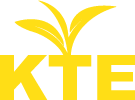CORPORATE SOCIAL RESPONSIBILITY
KTE has been socially responsible from its initial establishment. Though a business venture, KTE strongly believes and works in cooperative model. With the growing need of environmental protection and socio-economic development, KTE has not failed to honour the triple bottom line of a business – people, planet and profit.
KTE Foundation
With the rise in the social initiatives, KTE felt a need to establish a separate sister concern for the proper management of its Corporate Social Responsibility and involvement in various other national and international projects. Hence, KTE Foundation was established in the year 2010.
Today, KTE Foundation functions as the hand behind KTE ’s social initiatives. From generation of funds to the successful execution of the projects, everything is managed and handled by the KTE Foundation.
How has the KTE Foundation been socially responsible?
Cow bank project:
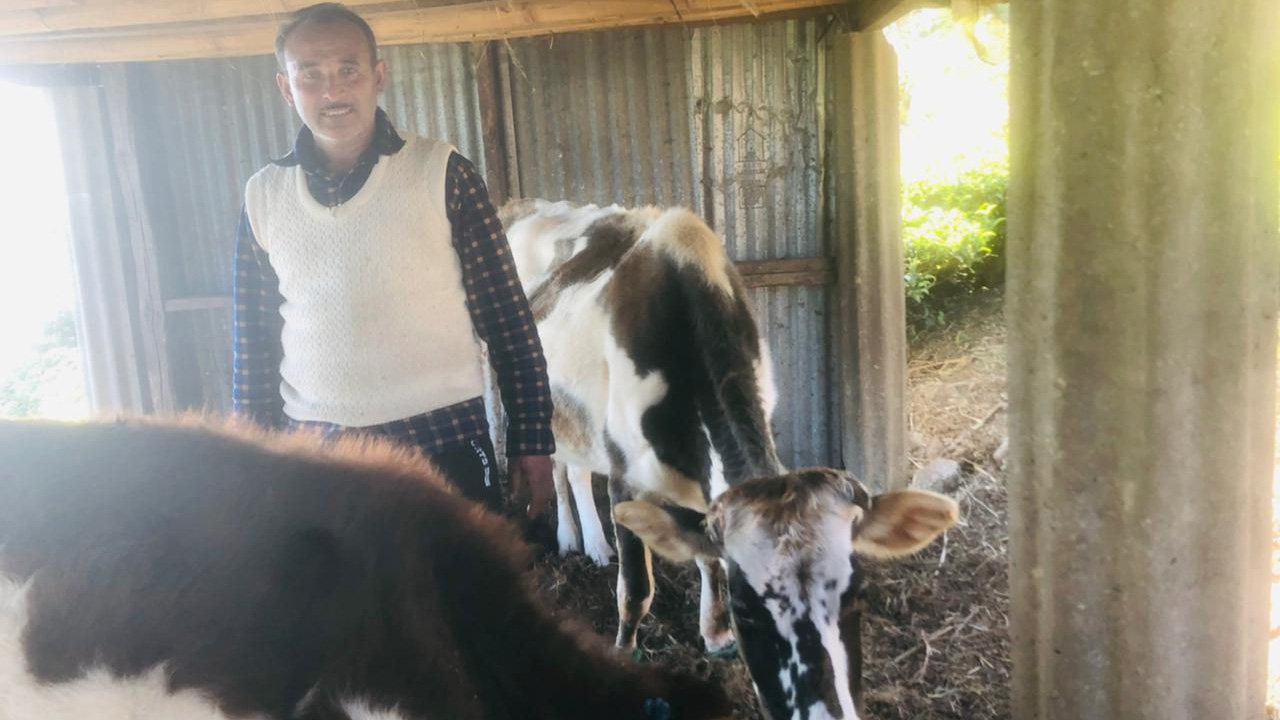
It is a fact that the Gross National Product (GNP) rate of developing countries like ours is extremely low and that the economic condition and the living status of the farmers are very weak. To support and empower the farmers economically, to allow them to generate extra income, KTE Foundation introduced the Cow Bank Project in 2005.
Initially, the cow bank distributed 36 high yielding cows and a bull to the farmers of the village with the ratio of one cow per house. Similarly, in the second phase, 66 more cows were distributed to the small farmers. The farmers are able to sell their cow’s milk in the local market which earns them extra rupee. Furthermore, it is so arranged that they can sell the cow dung to KTE (KTE uses the cow dung as an organic manure for its tea farming).
However, the farmers have to make an agreement to give away the calves to the KTE Foundation in case of reproduction. These calves will then further be distributed to the other farmers.
KTE Foundation expresses its heartfelt gratitude to Mr. Piet Joosten, the Rotary Foundation in USA and the rotary clubs of the Netherlands and Kathmandu for supporting the program in every manner.
Scholarship Program:
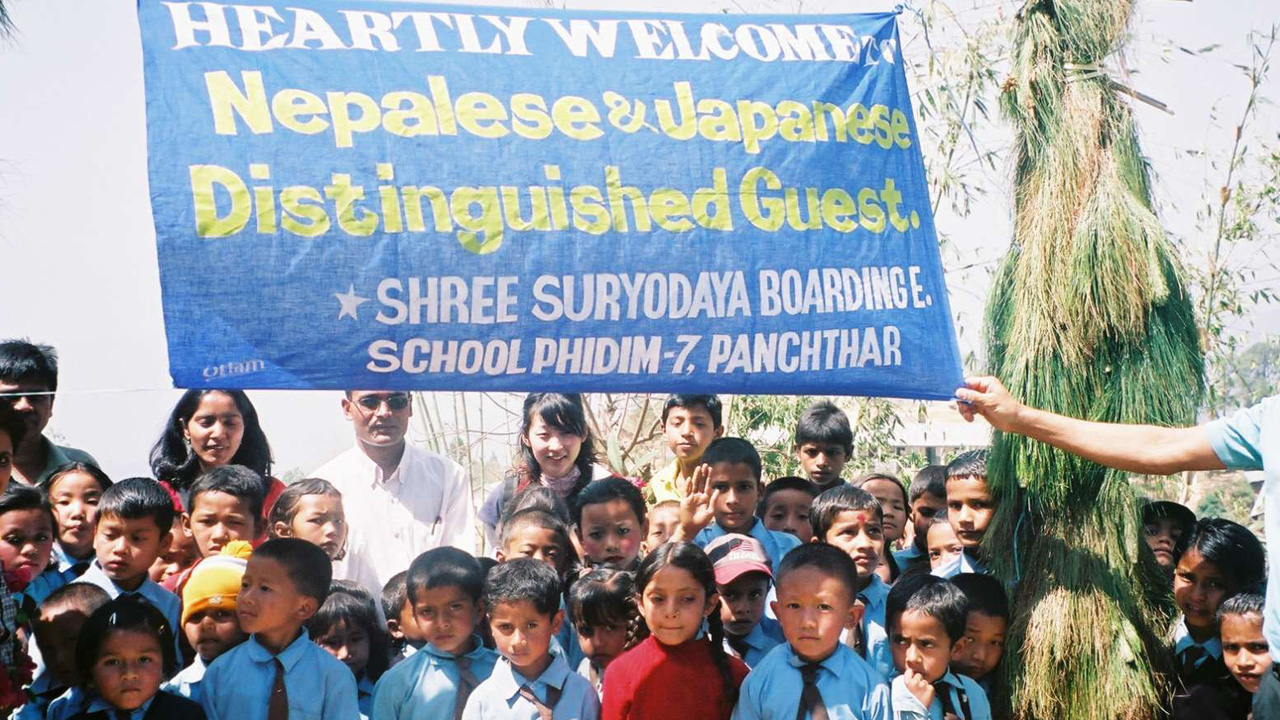
According to the census of 2021, the population of Nepal is almost 30 million and only about 39% of the total population is literate. There is also a wide variation among the literacy rates of the male and that of the females.
According to the Central Bureau of Statistics (CBS), the literacy rate of females is only about 25% while it is about 54% for the male population. Realizing the fact and the need for proper education in the society for the overall development of the nation, KTE Foundation initiated a Scholarship program in the year 2002 to all the children of the small farmers of Panchthar District.
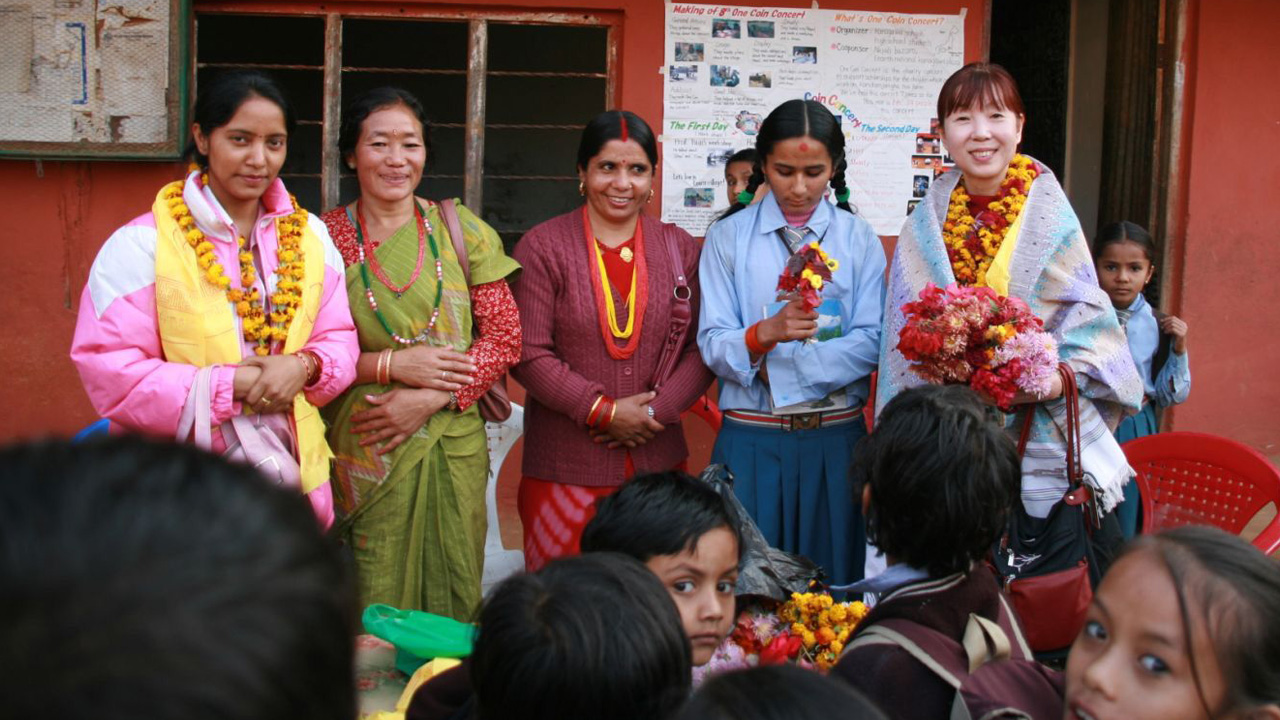
Scholarships are provided to all children of the farmers to study in the local English Boarding School and the Community School. Nepali Bazaro, a fair trade organization in Japan, has been supporting KTE Foundation not only to popularize its product but also to promote its social activities – scholarship program with the support from the ‘One Coin Concert Staff’ of Kanagawa Sogou High School, Yokohoma, Japan.
Currently 176 children are benefited from the project. With the support from Nepali Bazaro, KTE Foundation is also providing scholarships for higher education to four girls and one boy.
Kalika School Rebuild Project:
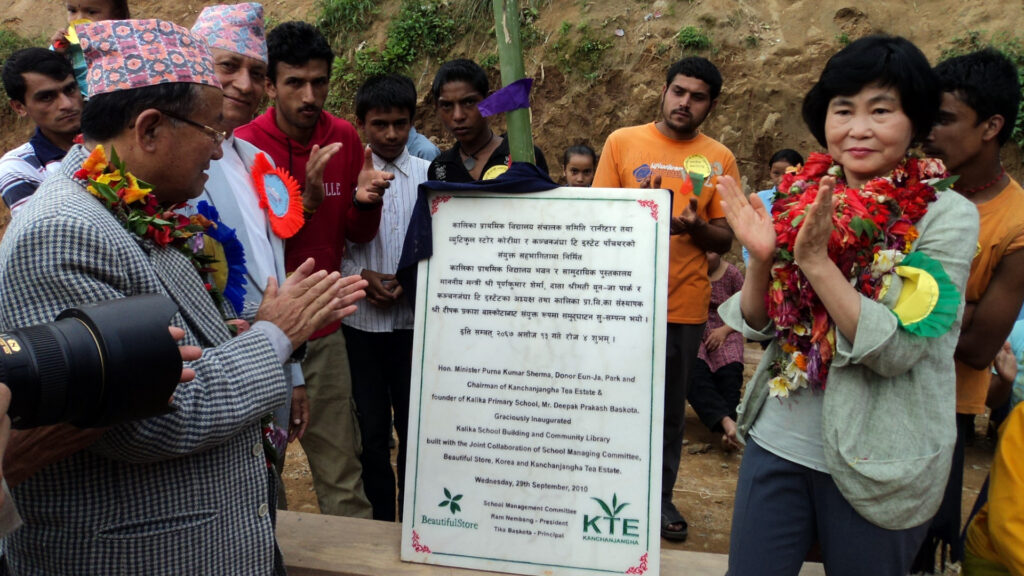
Kalila Primary School is located in Ranitar VDC ward no. 1, Nanglapa in Panchthar. The school is positioned at the center of the village and almost 80 percent of the students come from families of members and workers of Kanchanjangha Tea Estate.
Although there are 187 students attending the school, the premises and infrastructure was not strong enough to cater to them. The school building itself was very old. The buildings trembled and shook even under the mere effects of walking through it.
The limited numbers of rooms were barely sufficient for housing all the classrooms and due to the insufficient space, the school had no staff/ teacher’s room, administrative room and a library was out of question. There was no proper electric facility, and as the rooms were not properly lit and often submerged in darkness, the students had to study in candle lights. Even the furniture was very old and had worn out over time but due to lack of funding, had never been repaired.
To make matters worse, the school was situated at the top of the hill and there was no provision of drinking water. Adding to all the problems, the lack of a playground made it impossible for the children from playing games during recess.
In spite of inadequate facilities, degrading infrastructure and unhealthy conditions, the students were still bound to attend the school as there are no other schools nearby. Being the only affordable school in the district, Kalika Primary School is the one and only option for the deprived families to educate their children.
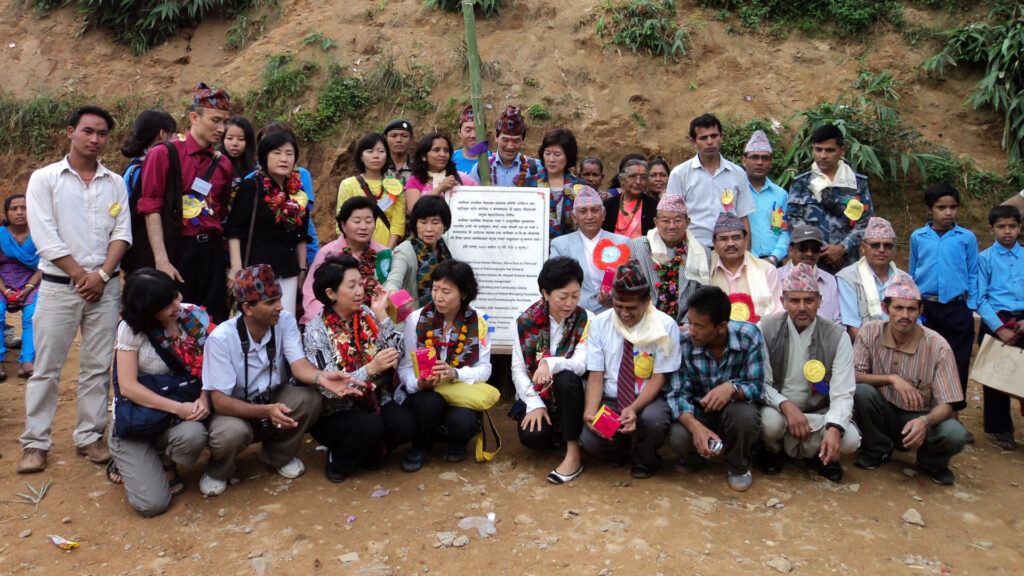
With an extremely low literacy rate among the villagers, the existence of the school is even more vital in order to increase the literacy rate of the area. The need of rebuilding the school for the betterment of the underprivileged and needy people who are unable to pay high school fees became an essential priority.
The local community and KTE Foundation firmly believe that better education is one of the keys to social development. Realizing this fact, the community through KTE Foundation requested the support of Beautiful store to construct the school building so that the students can be educated in a healthy and fully equipped environment. Hence, a MOU was signed on 21st Nov, 2009 between Beautiful Store, KTE Foundation and Kalika School Management Committee represented by Mr. Shin Choong Seop, Ms. Tara Baskota and Mr. Ram Bahadur Nembang respectively.
With generous funding amounting to Rs. 3,031,841.20 (USD 40,956.80) from the Beautiful store, the school was rebuilt with all the facilities that lacked before. The 9 month project was fruitful owing to the new and highly renovated pillar system building, a new library with a wide range of reading materials along with a computer, improved furniture, solar installation for lightning and so on.
For the provision of electricity, a feasibility study of a mini- hydro power plant reveals that it can generate NRs 9000 to 11,000 per month if around Rs 9,60,000 is invested. Around 100 families and the whole village is bound to benefit from the project.
Farmers Co-op Shop:
KTE Foundation is managing a food subsidy program for the farmers in the field and the processing units. Major foods – rice, cooking oil, salt and washing soap – are the major items. Over time, clothes and other necessary items will also be arranged at subsidized rates. It is so arranged that the co-op shop is run by the staff/workers themselves and KTE Foundation just provides them with the necessary resources. The future plans in this field include the establishment and management of a processing unit at Panchthar. The organic rice farms are to provide their finest crops and the production would take place at our very own processing unit. It actually benefits KTE too, since the waste products would then be utilized by KTE in its tea garden as organic manure.
Road Building
KTE Foundation is actively involved in the building and maintenance of an 8kms motorable road between Phidim-Ranitar / Lungrupa. The road has since been the best way of transportation and traveling in the district for daily use. It was involved in bridge-building activities at the Namdu River. The premium received from Transfair International, Germany and a donation coordinated by Dr. Martin Kunz (Transfair) was used for this purpose. Sinass Tea Handels, Germany provided support to maintain the ‘green road’ that links the highway to the factory.
Other programs:
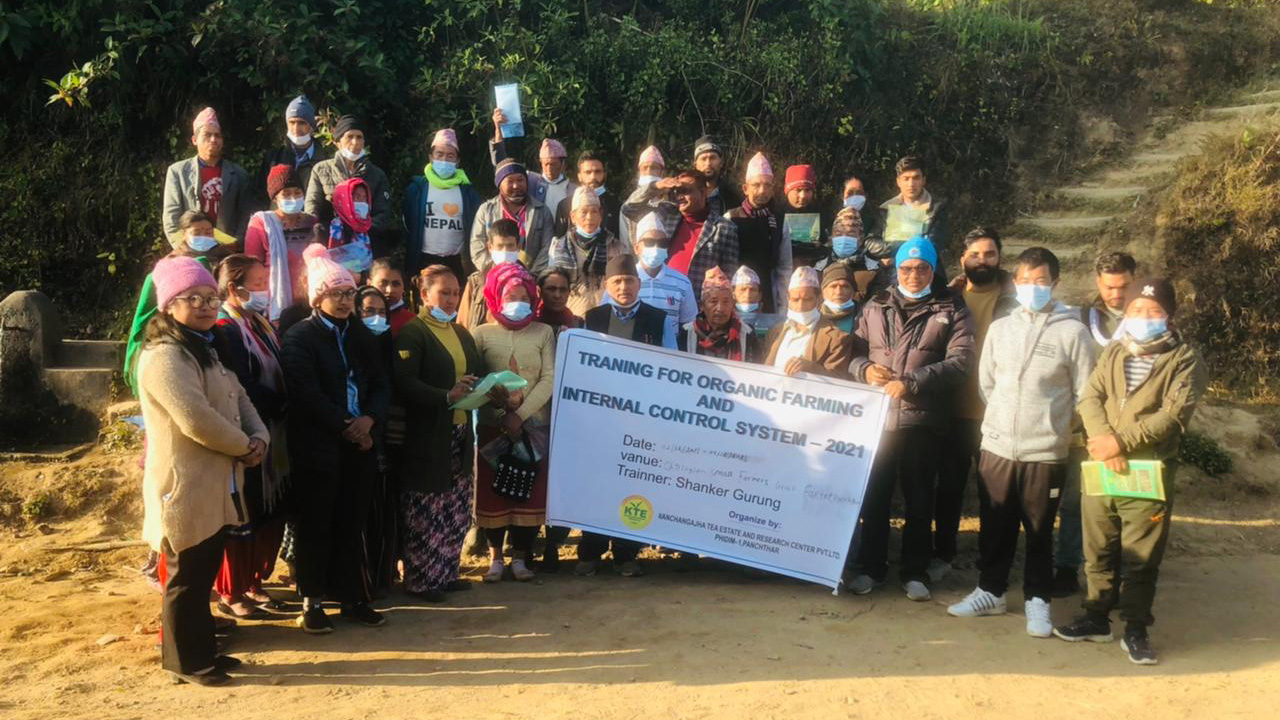
KTE Foundation has been organizing awareness programs related to health and sanitation. Girl’s toilet have been made in different schools of remote villages in Panchthar district with the support from Nepali Bazaro.
Beside the medical facilities to the farmers, special economic support is also provided to the women farmers during the maternity period. Financial support is also provided for ritual functions – births and deaths in a farmer’s family and for other local functions which have great social significance.
KTE not only cares about the environment by going Organic but also about its people. KTE, from its establishment, has taken responsibility to improve the living standards of the villagers. KTE remains committed to its promise of maintaining the high quality of life of its people by providing various facilities to its workers and the villagers.
KTE facilitates its workers with eco-house with all the basic facilities of sustaining a life. This has proved highly beneficial to the number of homeless workers at KTE The provision of free education to the children of the workers at the factory has served as an example of a typical business venture committed to its people. It even provides a set of clothes to the poor farmers and their children once every year.
KTE even provides the daily food requirements to the workers at a subsidized rate which prevents them from buying the basic necessities at a higher price. Commodities such as rice, oil, salt etc are available to the workers at a cheap rate through KTE co-op shop.
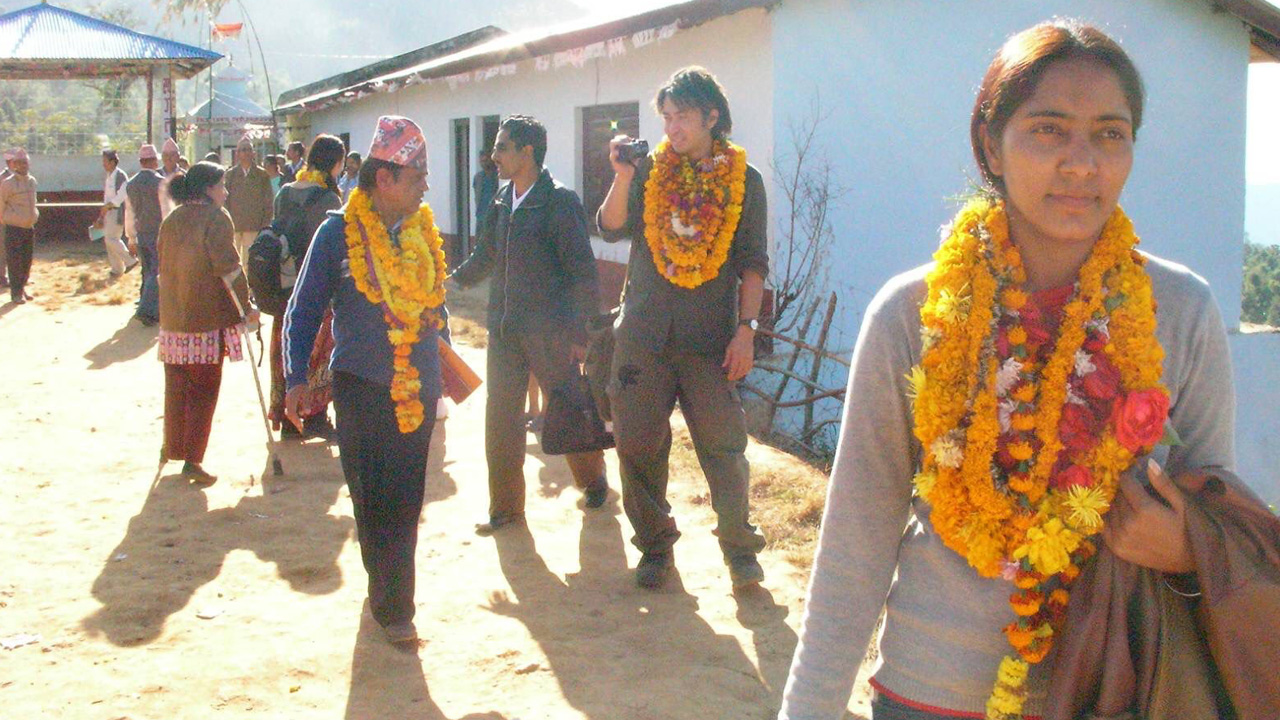
Moreover, the provision of clean and safe drinking water, electricity and smokeless ovens has highly benefited the workers and the villagers. In addition, the benefits from the cow bank project, Scholarship programs and other schemes have made the workers and the villagers happy and dedicated towards their commitment towards KTE, development of organic farming and sustainability of their village itself.
